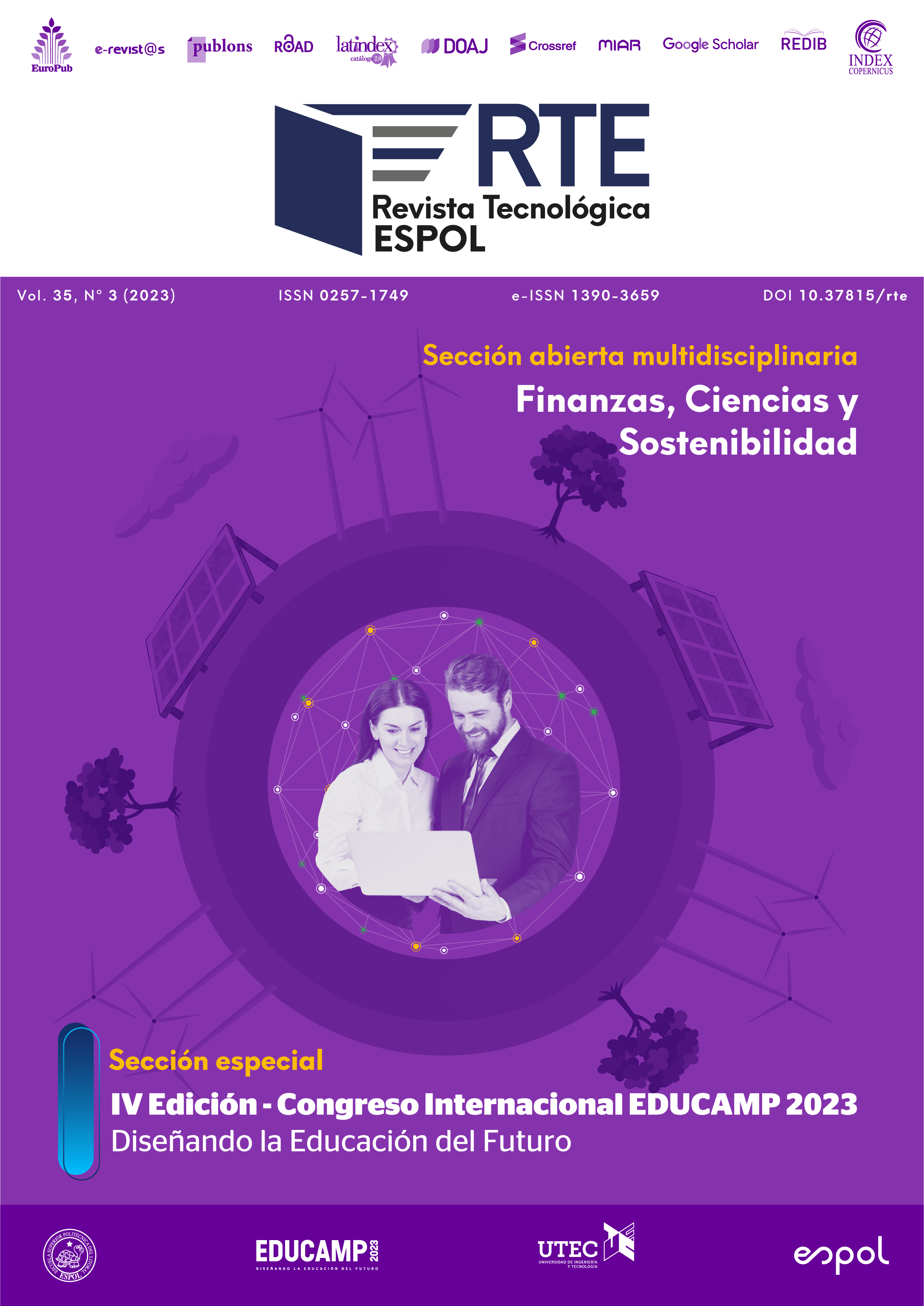This article analyzes the assertion that 97% of climate scientists concur that humans are the primary driver of global warming and climate change, significantly contributing to rising temperatures. The study examines common myths about climate change, the standard arguments against it, and the perspective and solutions offered by representatives from all sides of the debate. While researching this topic, primary and secondary sources are examined by analyzing their content, including interviews and arguments from credible experts within a wide range of sources, from climate change advocates to deniers and "climate doomers." While most climate scientists agree that human activities contribute somewhat to global warming, many highly reputable scientists and groups rightfully challenge this consensus and the proposed data. This includes prominent academics, corporate figures, and respected Nobel Peace Prize laureates and their works. In conclusion, all perspectives are driven by their concern for the future and survival of humanity and our planet.

This work is licensed under a Creative Commons Attribution-NonCommercial 4.0 International License.
References
Ammous, S. (2022, October 29). 138. Climate physics w/ Professor William Happer [Video]. YouTube. https://www.youtube.com/watch?v=5Uf_AbyG6ho
BizNewsTv. (2022, November 22). "There's no emergency" – dissident climatologist Dr. Judith Curry on climate change [Video]. YouTube. https://www.youtube.com/watch?v=YBdmppcfixM
Butos, W. N., & McQuade, T. J. (2015). Causes and Consequences of the Climate Science Boom. The Independent Review, 20(2), 165-196. https://www.proquest.com/scholarly-journals/causes-consequences-climate-science-boom/docview/1715694104/se-2
Cho, R. (2023). What Uncertainties Remain in Climate Science? State of the Planet. https://news.climate.columbia.edu/2023/01/12/what-uncertainties-remain-in-climate-science/#:~:text=The%20uncertainties%20are%20due%20to,errors%20from%20imprecise%20observational%20instruments
Clark, S. (2022). Global Warming: An Inconvenient History. YouTube. YouTube. Retrieved June 28, 2023, from https://www.youtube.com/watch?v=GGtAilkWTtI.
Clark, S. (2023). The many errors of an inconvenient truth. YouTube. Retrieved June 28, 2023, from https://www.youtube.com/watch?v=uxiHzjH-uIo.
Curry, J. A., & Webster, P. J. (2013). Climate change: No consensus on consensus. CAB Reviews: Perspectives in Agriculture, Veterinary Science, Nutrition and Natural Resources, 8 doi:10.1079/PAVSNNR20138001
European Commission General Directorate for Climate Action. (n.d.). Causes of climate change. Climate Action. https://climate.ec.europa.eu/climate-change/causes-climate-change_en
Fox News. (2022, October 12). There is no climate crisis: Tom Harris [Video]. YouTube. https://www.youtube.com/watch?v=Qdg4uQW8Dlg
Ghil, M. (2002). Natural climate variability. Encyclopedia of global environmental change, 1, 544-549. https://dept.atmos.ucla.edu/sites/default/files/MGEGEC.pdf
Hine, D. W., Reser, J. P., Morrison, M., Phillips, W. J., Nunn, P., & Cooksey, R. (2014). Audience segmentation and climate change communication: Conceptual and methodological considerations. Wiley Interdisciplinary Reviews: Climate Change, 5(4), 441-459. doi:10.1002/wcc.279
Hornsey, M. J., Harris, E. A., Bain, P. G., & Fielding, K. S. (2016). Meta-analyses of the determinants and outcomes of belief in climate change. Nature Climate Change, 6(6), 622-626. doi:10.1038/nclimate2943
Hornsey, M. J., & Fielding, K. S. (2017). Attitude roots and jiu-jitsu persuasion: Understanding and overcoming the motivated rejection of science. American Psychologist, 72(5), 459-473. doi:10.1037/a0040437
Hornsey, M. J., Harris, E. A., & Fielding, K. S. (2018). Relationships among conspiratorial beliefs, conservatism and climate skepticism across nations. Nature Climate Change, 8(7), 614-620. doi:10.1038/s41558-018-0157-2
Insider Science. (2021, April 25). Climate Scientists Debunk 13 Myths About Global Warming | Debunked [Video]. YouTube. https://www.youtube.com/watch?v=8ssM2O0qkRk
IPCC. (2014). Climate Change 2014: Impacts, Adaptation, and Vulnerability. Part A: Global and Sectoral Aspects. Contribution of Working Group II to the Fifth Assessment Report of the Intergovernmental Panel on Climate Change, [C.B. Field et al. (eds)], Cambridge, UK and New York NY: Cambridge University Press.
IPCC. (2023). Summary for Policymakers. In: Climate Change 2023: Synthesis Report. Contribution of Working Groups I, II and III to the Sixth Assessment Report of the Intergovernmental Panel on Climate Change [Core Writing Team, H. Lee and J. Romero (eds.)]. IPCC, Geneva, Switzerland, pp. 1-34, doi: 10.59327/IPCC/AR6-9789291691647.001
Jenkins, A. (2009, September 23). NASA - The Ups and Downs of Global Warming. https://www.nasa.gov/topics/earth/features/upsDownsGlobalWarming.html
Longley, R. (2021). Overview of the Second Industrial Revolution. ThoughtCo. https://www.thoughtco.com/second-industrial-revolution-overview-5180514
Michaels, P., & Burnett, S. (2019, December 5). Climate Data Is Being Misused and Manipulated, Says Award-Winning Scientist – The Heartland Institute. The Heartland Institute. https://heartland.org/opinion/it-takes-courage-to-stand-up-for-a-rational-discussion-of-climate-science-and-policy-says-award-winning-scientist/
Molina, M., McCarthy, J., Wall, D., Alley, R., Cobb, K., Cole, J., ... & Shepherd, M. (2014, July). What we know: The reality, risks and response to climate change. In American Association for the Advancement of Science (pp. 1-11).
NASA Goddard. (2013, November 8). NASA | Ask A Climate Scientist - Extreme Weather and Global Warming [Video]. YouTube. https://www.youtube.com/watch?v=SY6XSsF4CCo
Newsham, A., Kohnstamm, S., Naess, L. O., & Atela, J. (2018). Agricultural Commercialisation Pathways: Climate Change and Agriculture.
Ogutu, K. B. Z., D’andrea, F., Groth, A., & Ghil, M. (2022). Coupled climate-economy-ecology-biosphere modeling: A dynamic and stochastic approach. Handbook of climate change mitigation and adaptation: Third edition (pp. 225-288) doi:10.1007/978-3-030-72579-2_103
Singer, S. F., & Idso, C. (2009). Climate change reconsidered: the report of the Nongovernmental International Panel on Climate Change (NIPCC). Chicago: The Heartland Institute.
Stuart Dimmock v. Secretary of State for Education and Skills EWHC 2288 (Admin) (Inconvenient Truth case), ELAW (Hight Court of Justice Queen's Bench Division October 10, 2007). Retrieved from https://elaw.org/content/uk-stuart-dimmock-v-secretary-state-education-and-skills-2007-ewhc-2288-admin-inconvenient-t.
Turrentine, J. (2022, September 13). What Are the Causes of Climate Change? NRDC. https://www.nrdc.org/stories/what-are-causes-climate-change#:~:text=Natural%20Causes%20of%20Climate%20Change,-Some%20amount%20of&text=Over%20the%20course%20of%20Earth's,planetary%20warming%20and%20cooling%20patterns
Unsworth, K. L., & Fielding, K. S. (2014). It's political: How the salience of one's political identity changes climate change beliefs and policy support. Global Environmental Change, 27(1), 131-137. doi:10.1016/j.gloenvcha.2014.05.002
Wilkinson, F. (2022, June 2). Industrial Revolution and Technology. National Geographic Education. https://education.nationalgeographic.org/resource/industrial-revolution-and-technology/







